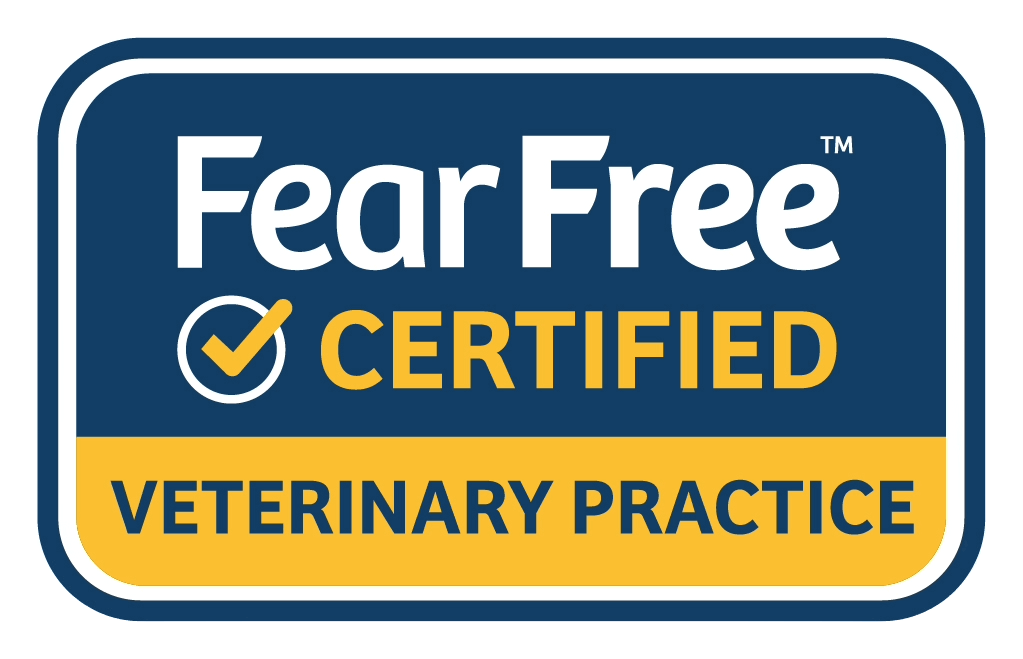1. Holiday Feasts
The most common holiday related hazard for pets is all the extra holiday foods they ingest. From fatty mashed potatoes and gravy, to rich casseroles with cream and butter, to chocolate desserts and candies, pets are either being offered or perhaps stealing some of these stomach upsetting foods. However, pets are not supposed to eat these fatty foods as they are the most likely to cause vomiting and/or diarrhea. More advanced disease can develop from an inflamed pancreas called pancreatitis. Most pet owner know that" chocolate is toxic to pets but some don't know the darker the chocolate the more toxic. Do not give the family dog the bone from a ham because the bone can lodge in the mouth around the teeth, in the esophagus or intestines. Bones can also fracture teeth. The cost of an upset stomach, a GI foreign body, or fractured tooth can range from a couple hundred dollars to several thousands of dollars depending on the severity of the disease. So ask family members and guests to kindly not give the family pets holiday foods and scrape the plates in the trash not in the dog bowl.
2. Decorations and gift wrap
Holiday decorations and gift wrapping are essential to making memories and celebrating the season. The more the better! However, decorations that are low on the tree especially glass ornament balls and tinsel can be irresistible to cats. Electrical cords are also fun for some puppies and cats to chew on. While wrapping gifts, cats often like to play with the ribbons that they sometimes ingest. All sorts of decorations can be ingested by unsupervised pets and can get lodged in various parts of the stomach/intestines. Just think about the placement of some of these decorations so your furry friend does not try to redecorate for you and get hurt.
3. Travel
Many families will be traveling with their family pet this holiday season or going to visit families with pets. Family pets have a high incidence over the holidays of being lost due to fleeing from unfamiliar people or surroundings. Before greeting guests, take extra care to place a fearful or anxious pet into a quiet room in the house. While traveling, make sure to secure pets in carriers or pet safety belts. Ensure your pet is microchipped and you have updated the database to the microchip especially if have moved in the past 6-12 months. On last thing that will delay a trip, if you are traveling with a family pet on an airplane, make sure you find out if you need a health certificate. Health certificate can be obtained from veterinarians for a small fee and usually are only valid for up to 10 to 30 days prior to the travel date.
So as decorate for the holidays, ensure you take a moment to keep your furry family member safe and healthy this holiday season.
Noël Lucas
Blue Oasis Pet Hospital


